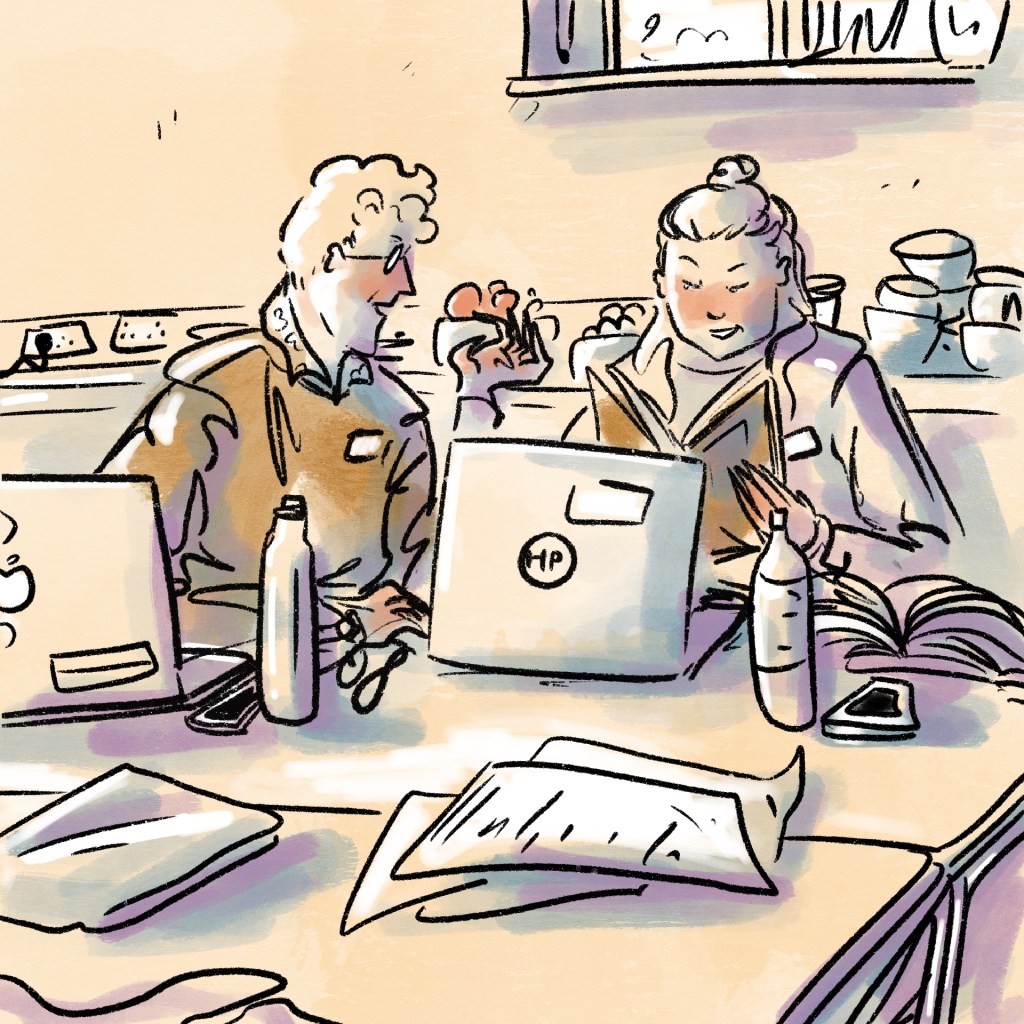
The Wikimedia Foundation’s Community Resources and Research teams are excited to announce the 2022 Research Fund grantees!
The Research Fund was launched in November 2021 to:
- Expand, strengthen, and diversify the network of Wikimedia researchers globally;
- Fund research initiatives that support the Wikimedia Movement in deeper understanding of the contributions, decision making and building technologies for the Wikimedia projects.
We received applications from 22 countries in Africa, Asia, Europe, North and South Americas.
The Fund had a two stage selection process. Stage I applications went through a technical review process by established Wikimedia researchers and a deliberation and discussion stage between the technical reviewers moderated by the Research Fund chairs. The Wikimedia community was invited to provide feedback to Stage I proposals on Meta-Wiki. Regional Fund Committee members were invited to provide their input on a short-list of the Stage I proposals. From the original pool of 35 applications, 13 were selected for a second stage. The applicants were asked to submit more detailed descriptions of their proposed work incorporating feedback from the technical reviewers, regional committees, as well as the broader Wikimedia community. Final review and decision making was completed by the Research Fund Co-Chairs, with eight grantees ultimately awarded funding. Collectively, they will receive 254,920.20 USD to support their work.
We would like to take this opportunity to thank the Research Fund technical review team and the Regional Fund committee members for their valuable input on the proposals. We also would like to thank the members of the Wikimedia community who provided constructive feedback to the researchers to improve their work.
Below you can learn more about the funded projects.
Projects selected for funding
Using Wikipedia for educational purposes in Estonia: The students′ and teachers′ perspective (Estonia)
This research seeks to examine the use of Vikipeedia (Estonian language version of Wikipedia) in Estonian schools for educational purposes both from the students’ and teachers’ perspectives. The focus is on how students use Vikipeedia both inside and outside the classroom and how teachers have used Vikipeedia’s potential for educational purposes. The research will have a direct impact on the local Wikimedia community in Estonia supporting their educational activities. It also gives a strong foundation to carry on the further studies both in general education schools and universities.
This project will turn Wikidata into a large-scale biomedical resource by importing information from external resources, primarily PubMed. The grantees will then validate the information in Wikidata for accuracy and consistency. Lastly, they will promote the biomedical applications of Wikidata in the Global South through online capacity building events for the biomedical community and publications.
Slow Editing towards Equity (Netherlands)
This project aims to identify the skills needed by Wikipedians to move equity initiatives through the policy development process. The grantees will evaluate the paths of equity initiatives through the policy development process in five Wikipedia language editions (Arabic, Dutch, English, French, and Spanish). They will collect and analyze both successful and failed proposals that sought to increase knowledge equity. This work has potential to increase understanding of Wikipedia’s policy landscape and how existing practices influence the likelihood of a proposal’s success.
This work aims to provide insight into how neural machine translation can be leveraged to bridge knowledge gaps across Wikipedia language editions. This is particularly relevant for low-resourced languages where it is difficult to attract and retain volunteers. This research will provide insights for Wikipedia developer communities that aim to improve machine translation services and related user interfaces.
Social and Language Influence in Wikipedia Articles for Deletion Debates (US)
This work focuses on understanding the extent to which Wikipedia editors conform to the majority when voting on Articles for Deletion (AfD) pages. The researcher will analyze the sequences of votes on AfD pages, as well as their rationales indicated in the comments, to understand social decision-making practices.
This work seeks to understand how Wikipedia content is accessed and shaped by current events (particularly in Latin America) and how the Wikimedia community can respond to vandalism. In particular, the research aims to identify relationships between Chilean media coverage of the 2019 social outbreak with vandalism on Spanish Wikipedia.
Grounding NPOV pillar in post-censored information ecology (Romania)
Over the past four years, the grantees have trained more than 50 librarians to edit Wikipedia and found that they struggled with the principle of maintaining a neutral point of view (NPOV). This research aims to identify why NPOV is difficult to follow and to improve training of new Wikipedia editors.
Wikidata Gender Diversity (WiGeDi) (UK)
The project will study gender diversity in Wikidata, focusing in particular on marginalized gender identities. It will examine how the current Wikidata ontology model represents gender, and the extent to which this representation is fair and inclusive. It will analyze the data stored in the knowledge base to gather insights and identify possible gaps. Finally, it will look at how the community has handled the move towards the inclusion of a wider spectrum of gender identities. A web application will be created to share the results publicly in a user-friendly way.
Future Funding Opportunities
If you are interested in applying for research funds, check out this year’s call for proposals. Submissions are due December 16, 2022. We also encourage you to subscribe to wiki-research-l mailing list where we will communicate more information about this round of funding and other opportunities and research events.

Can you help us translate this article?
In order for this article to reach as many people as possible we would like your help. Can you translate this article to get the message out?
Start translation